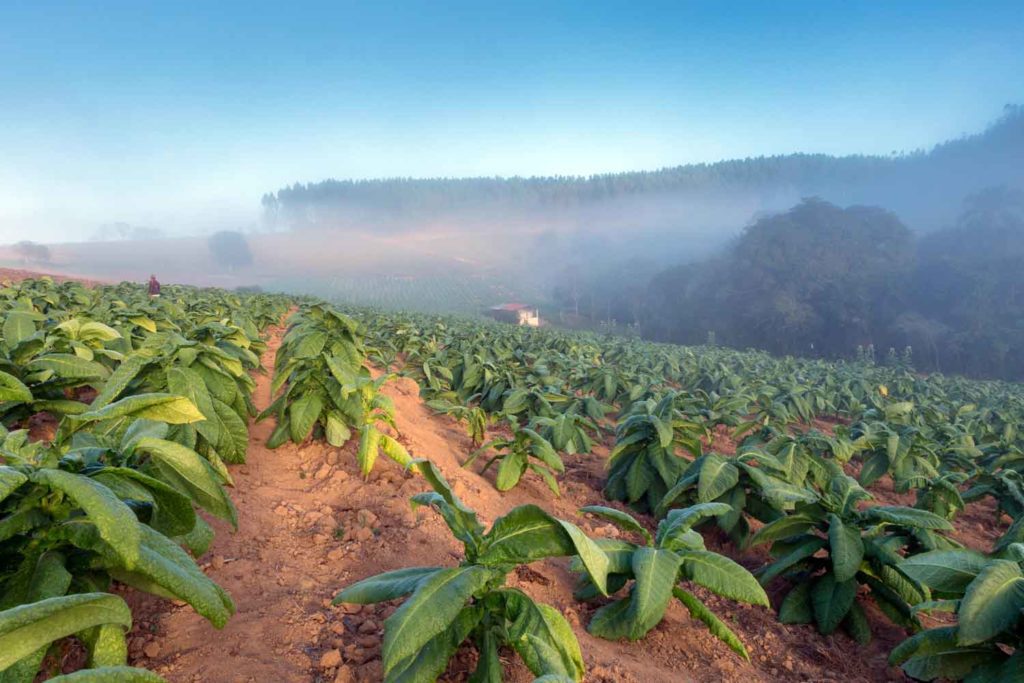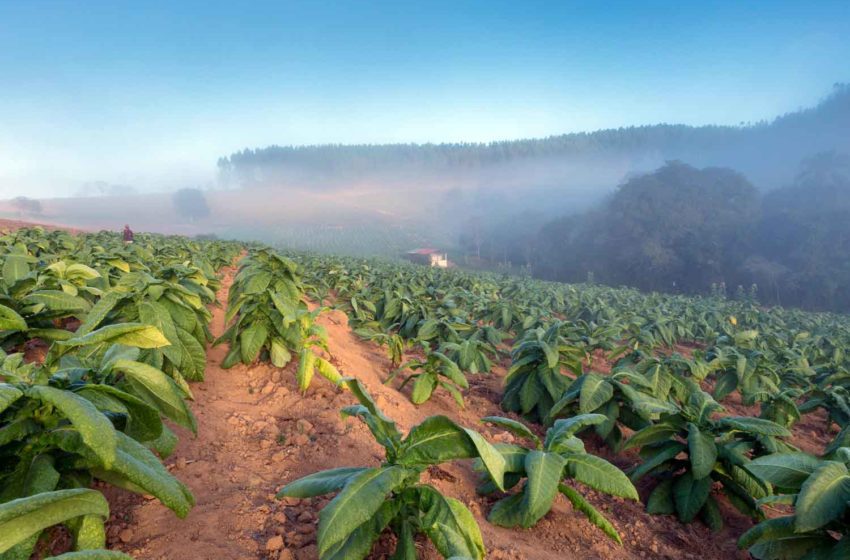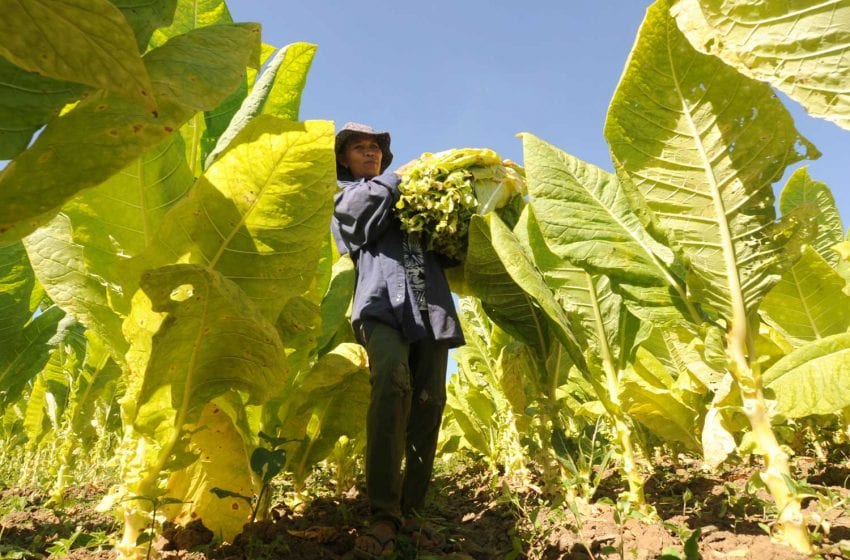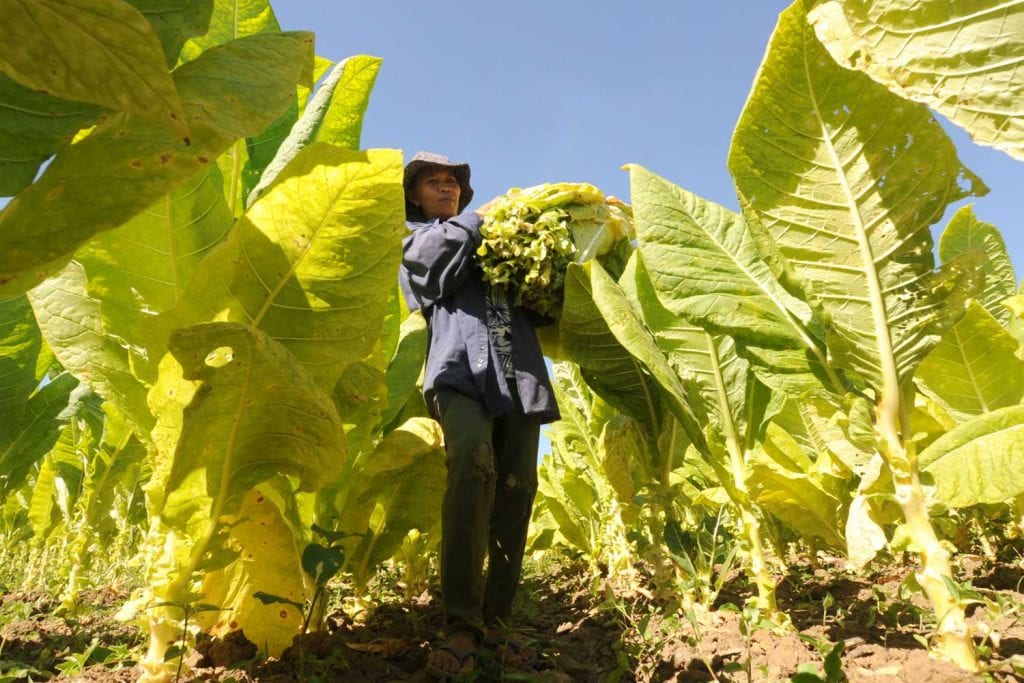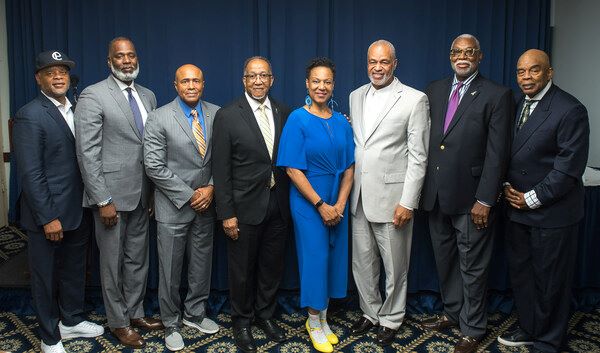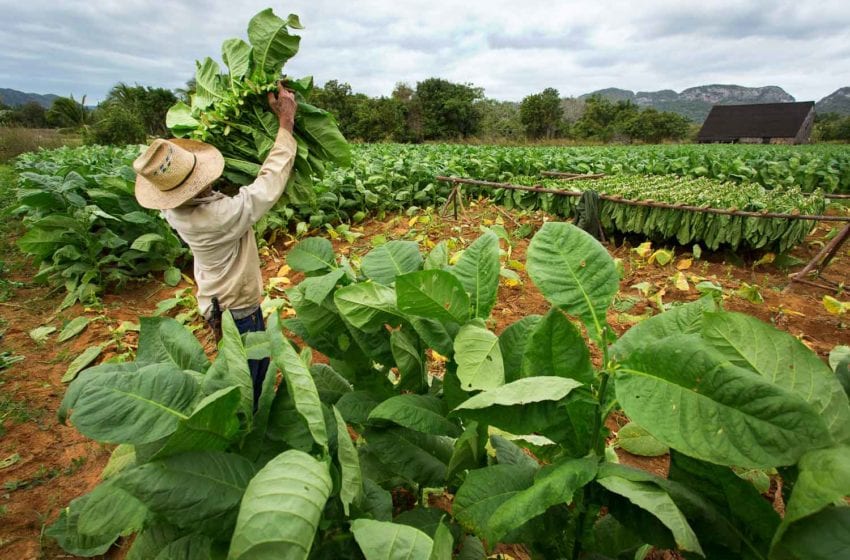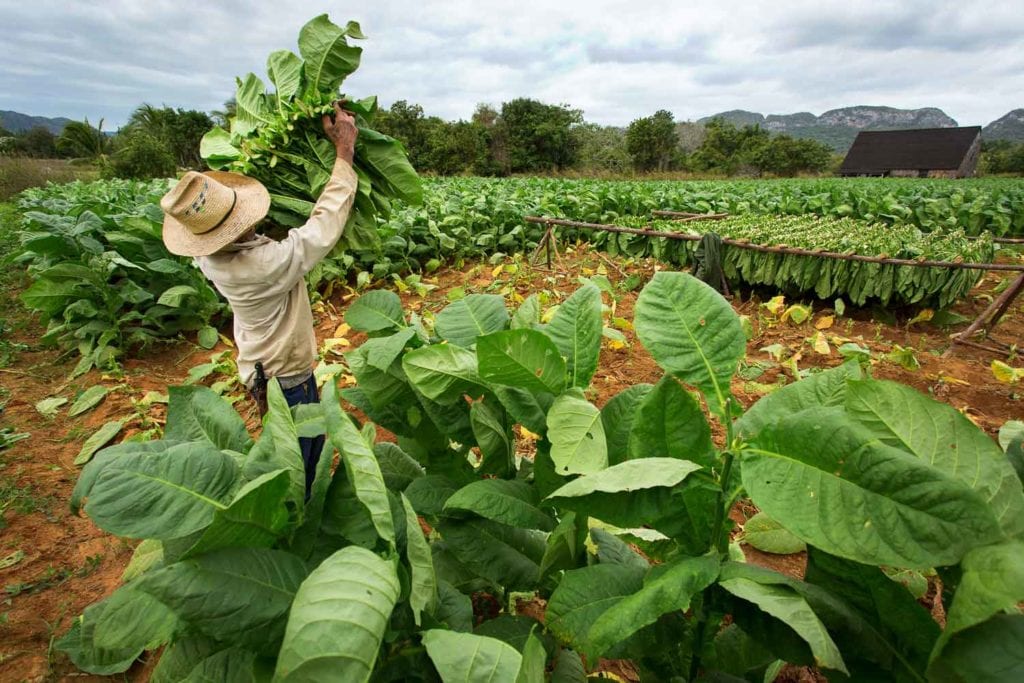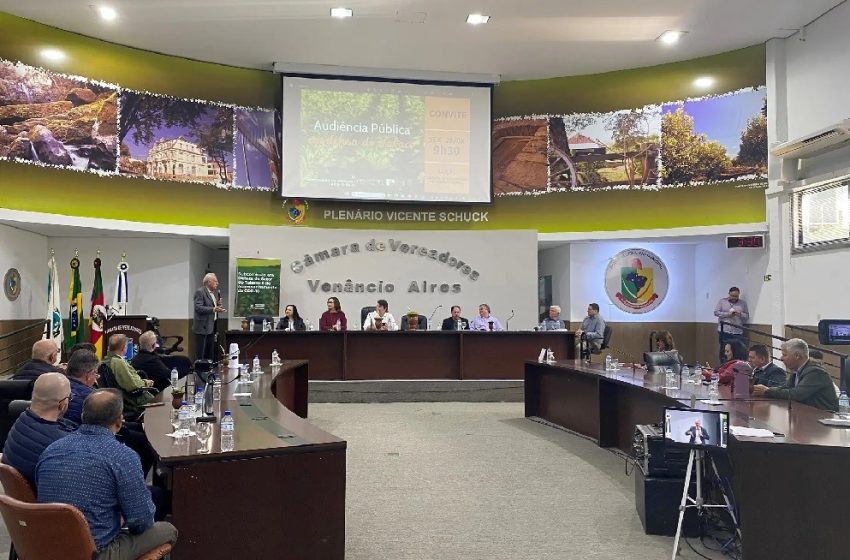The National Coalition of Justice Practitioners, a group of Black and Hispanic law enforcement executives and experts, hosted the “When Good People Write Bad Policy” National Press Club panel event to educate people about the racial and criminal implications of a menthol ban, according to a PR Newswire release. The panel met before the U.S. Food and Drug Administration’s anticipated menthol ban announcement.
“There are many groups who still do not understand the unintended consequences of this proposed ban,” said Benjamin Chavis, president and CEO of the National Newspaper Publishers Association and panel moderator. “For leaders in Washington to consider this ban without consulting Black and Brown officers is disastrous. Let’s sit down with the proponents and first conduct a Racial Impact Study. Targeting in the past doesn’t justify targeting now. We are against racial targeting and profiling. All of it.”
Panelists Jiles Ship, Neill Franklin, Elliot Boyce, Corey Pegues, Sonia Pruitt, David Daniels III, John I. Dixon and Ron Hampton asked that President Joe Biden and Vice President Kamala Harris pull back on this menthol ban until further studies, like a Racial Impact Study, are done and more experts are heard.
The Aug. 10 panel event urged lawmakers to study the effects of a menthol ban by launching a Racial Impact Study that gathers input from law enforcement, health experts and Black and Latino communities.
The law enforcement experts listed these unintended consequences: Anything you ban becomes illegal, and it is a policing issue; enforcement of the menthol ban will be in more urban and Latino communities and used as a tool in racial profiling, stop-and-frisks and arrests; and the police do not need another reason for a stop-and-frisk that leads to life-threatening casualties in the Black community.
Former Law Enforcement Action Partnership Executive Director Franklin stated, “Illicit markets breed violence. This menthol ban will flood the streets, especially Black and Latino communities, with unregulated products, and if you think the products are unhealthy now, wait until the unregulated products are pushed into our communities. You don’t want to see substances like fentanyl added to a street cigarette.”
Overall, adult and youth smoking rates in the U.S. are at record lows, according to the coalition. Since over 80 percent of African Americans and 48 percent of Latinos who choose to smoke prefer menthol cigarettes, a proposed FDA ban is racially discriminatory since cigarettes preferred by white smokers will not be banned, they argue. There is no scientific basis to regulate menthol and nonmenthol cigarettes differently. Health concerns are more effectively managed through education, treatment and counseling, not by police, they state.
